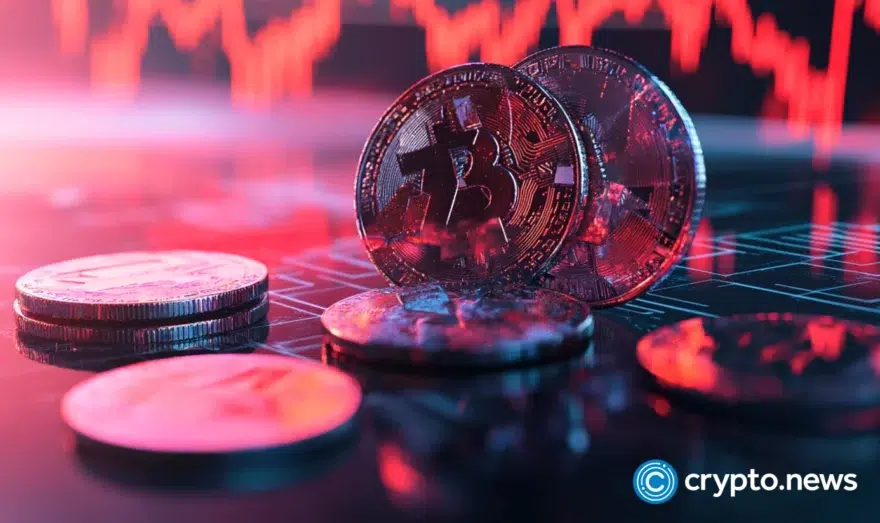Jamie Dimon says he would shut down crypto if given the option

JPMorgan Chase Chairman and CEO Jamie Dimon said he would shutter BTC and cryptocurrencies if he represented the American people.
Speaking at a congressional hearing, Dimon voiced his concerns regarding cryptocurrencies and mass non-compliance throughout the nascent digital asset industry. Responding to Senator Elizabeth Warren, a staunch crypto skeptic, the legacy bank boss said cryptos like Bitcoin (BTC) serve as a corridor for illicit finance.
I’ve always been deeply opposed to crypto, Bitcoin, etc. The only true use case for it is for criminals, drug traffickers, money launderers, and tax evaders.
Jamie Dimon, Chairman and CEO of JP Morgan Chase
According to JPMorgan’s CEO, the semi-anonymity and instant settlement offered by BTC and cryptocurrency allow bad actors to bypass long-standing anti-criminal systems like KYC and jurisdictional sanctions imposed by the Office of Foreign Assets Control.
If I was the government, I’d close it down.
Jamie Dimon, Chairman and CEO of JP Morgan Chase
During a January interview, Dimon previously shared similar rhetoric, tagging Bitcoin as a fraud and a modern-day hoax.
Since its inception, Bitcoin and cryptocurrencies have been controversial sectors, drawing scrutiny from policymakers, regulatory agencies, and private entrepreneurs alike. Such stakeholders have said that digital assets, by design, incentivize criminal activity, while proponents maintain that virtual currencies offer financial freedom absent sovereign-backed centralized oversight.
Despite Dimon’s comments in front of U.S. legislators, JPMorgan has tapped blockchain technology to commercialize decentralized networks for swift and cheap transactions.
In 2020, the bank debuted its JPM Coin, reaching billions in daily transactions and subsequently introducing additional utilities like programmable payments. JPMorgan also added support for euro-denominated transactions to corporate clients in June 2023, shortly after partnering with six Indian banks for blockchain-based interbank dollar settlements.
















